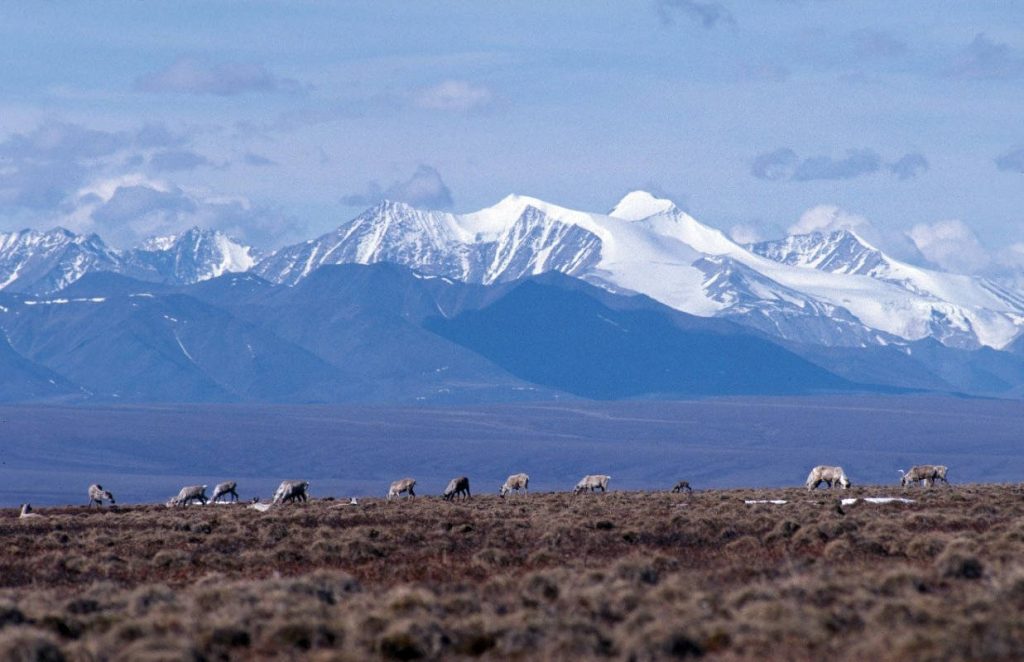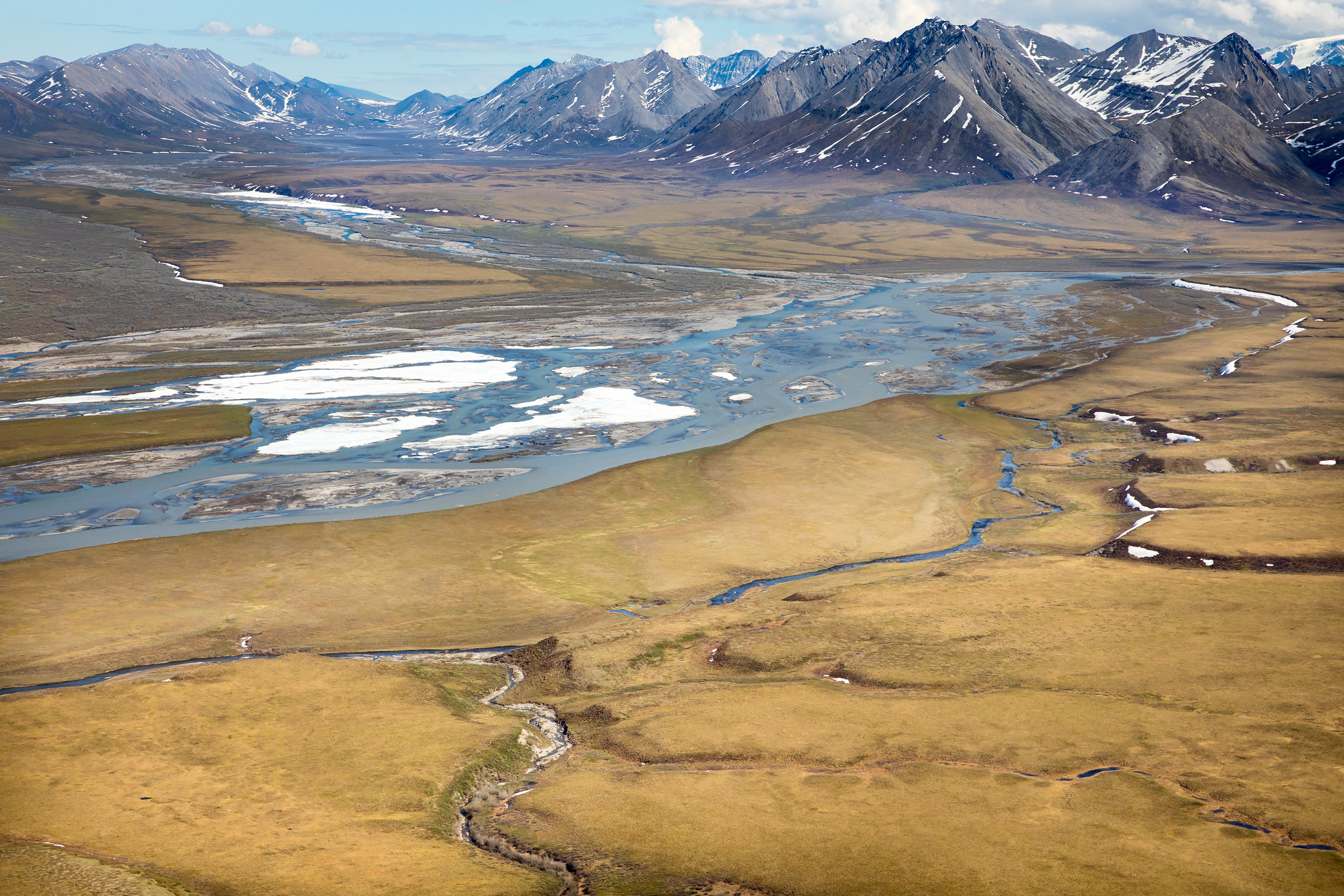Trump administration seeks last-minute rule blocking banks’ policies against financing Arctic oil
But it's not clear that any new rule would last long under a Biden administration.

A rule proposed Friday by the Trump administration seeks to prevent banks from boycotting financial arrangements for oil development in the Arctic National Wildlife Refuge.
The new proposed rule issued by Acting Comptroller of the Currency Brian Brooks comes after a growing list of U.S., Canadian and European banks announcing sustainability policies that preclude any support for oil development in the Arctic in general and in the refuge in particular.
Alaska’s all-Republican Congressional delegation has sharply criticized the financial institutions’ policies, claiming they amount to discrimination against Alaska and against Alaska Native people who support oil drilling in the refuge.
[Alaska senators blast banks for ‘discrimination’ as they halt Arctic oil and gas investments]
The three-member delegation hailed the proposed rule, which could go into effect in the last days of the Trump administration.
“For too long, we have seen financial institutions making policy decisions in attempts to de-bank disfavored industries. Perhaps the most recent example came late last year, as Alaskans witnessed a deeply troubling trend of America’s big banks pledging to black-list energy development projects in the Arctic, without regard for the people who live here in some of the most economically-challenged parts of the country,” the delegation said in a joint statement.
The proposed “fair access” rule would forbid banks from denying anyone a financial service “except to the extent justified by such person’s quantified and documented failure to meet quantitative, impartial risk-based standards established in advance by the covered bank,” a description that could invalidate any lending restrictions based on sustainability policies.
[U.S. energy secretary criticized for comparing banks’ Arctic policies to racial discrimination]
“The covered bank’s decision to deny one of these services to a person could not include consideration of the bank’s opinion (or the opinion of its employees or customers) of the person, the person’s legal business endeavors, or any lawful activity in which the person is engaging or has engaged,” the proposed rule says.
The rule is applicable to only the nation’s largest banks, institutions with assets of $100 billion or more in assets.

The Alaska delegation has expressed dismay as more institutions lined up to reject financing for Arctic and Arctic refuge oil development. In July, Brooks sent a letter to Alaska Sen. Dan Sullivan that suggested that the banks’ policies were illegal.
The proposed rule is to be published in the Federal Register and will be subject to a public comment period that will end on Jan. 4, the delegation said in its statement.
[Republican lawmakers urge Trump to stop banks from shunning fossil fuel loans]
Even if the rule is made final, it is not clear whether it will stay in effect after President-elect Joe Biden is inaugurated on Jan. 20.
The Biden-Harris transition team was not immediately available to comment on the proposed rule. But both Biden and Vice President-elect Kamala Harris have vowed to reverse Trump policies favoring widespread Arctic oil development.
Biden has pledged to permanently protect the Arctic refuge coastal plain from oil development, with immediate steps expected to reverse the Trump policy. He has also pledged to take renewed action to combat climate change. On Monday, Biden announced the selection of former Secretary of State John Kerry as a special envoy for climate change policy. Kerry helped forge the Paris climate agreement — which Trump jettisoned but Biden has said he will rejoin immediately.
[Wall Street backs away from Arctic drilling amid Alaska political heat]
Anti-drilling activists who successfully convinced major banks to join their cause, meanwhile, are lobbying another sector of the financial industry — insurers — to join with the banks’ sustainability policies.
The Gwich’in Steering Committee and its allies have extended its campaign to the major insurance companies.
“We ask oil and gas companies, the banks that fund them, and insurance companies to stand with the Gwich’in Nation by not initiating any oil and gas development in the Arctic Refuge,” said a Nov. 19 letter sent to the companies.
The letter asks the insurers to adopt policies that “prohibit new insurance products or the extension of existing insurance contracts to cover the exploration, production, or transportation of oil and gas in the Arctic Refuge, including surety bonds, commercial multiple peril insurance, and reinsurance” and to rule out investments in any companies that participate in such development.
The Trump administration on Nov. 16 issued a formal call for nominations for an upcoming ANWR lease sale that could take place just days before Biden’s inauguration.